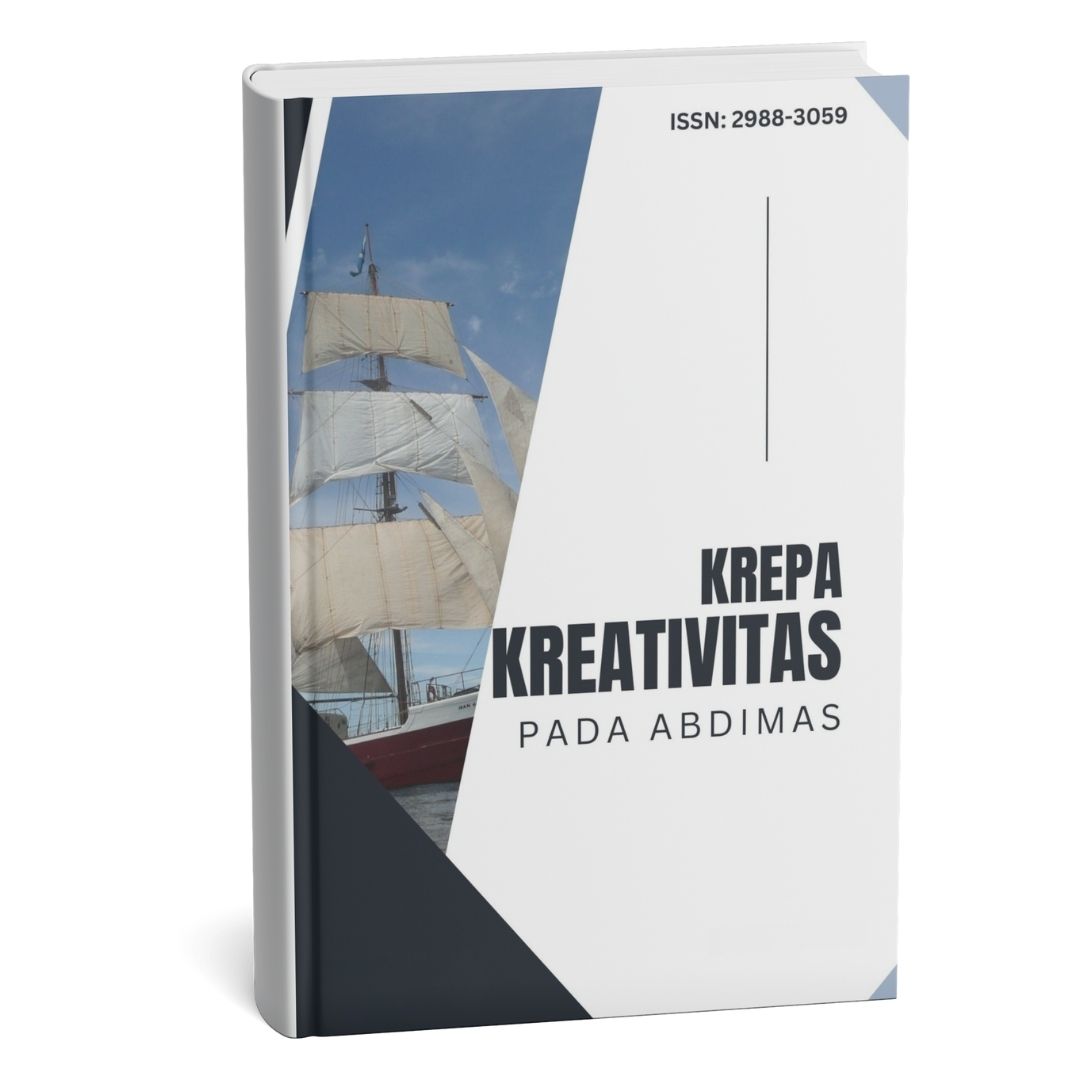Socialization to improve learners' skill in Listening Comprehension to Face Global Challenges
DOI:
https://doi.org/10.34743/r9hjzh02Keywords:
Global Challenges, Language Learning, Listening Comprehension, Peer Interaction, TOEFL, SocializationAbstract
This study explores the impact of socialization strategies on improving learners’ TOEFL listening comprehension skills to better equip them for global challenges. Conducted with 20 participants from SMA Kampus Pematangsiantar, the research addresses the need for effective listening skills in the context of increasing international communication and academic mobility. Traditional TOEFL preparation often emphasizes individual practice, yet this study emphasizes social interaction as a means to enhance listening comprehension, confidence, and test performance. The implementation involved structured social activities such as peer discussions, group listening exercises, and collaborative problem-solving tasks centered on authentic TOEFL listening materials. Data were collected through socialization, observation, and learner feedback. Results revealed significant improvements in learners’ TOEFL listening scores, increased confidence, and a greater ability to handle varied listening contexts. Challenges encountered included varying proficiency levels, learner anxiety, and limited time, which were addressed through targeted scaffolding, supportive group dynamics, and efficient task design. This study confirms that socialization plays a critical role in language acquisition, particularly in listening comprehension for standardized tests like the TOEFL. Social learning environments foster active engagement, reduce anxiety, and promote the practical use of listening strategies within authentic contexts. The findings suggest that educators should integrate socialization into TOEFL preparation programs to develop learners’ global competencies and readiness for international academic and professional settings.age.
References
Duff, P. A. (2010). Language socialization into academic discourse communities. Annual Review of Applied Linguistics, 30, 169–192. https://doi.org/10.1017/S0267190510000048
Goh, C. C. M. (2000). A cognitive perspective on language learners’ listening comprehension problems. System, 28(1), 55–75. https://doi.org/10.1016/S0346-251X(99)00060-3
Goh, C. C. M. (2010). Listening as process: Learning activities for self-appraisal and self-regulation. English Teaching Forum, 48(2), 12–17.
Graham, S., Santos, D., & Francis-Brophy, E. (2014). Teacher-led listening strategy instruction and student perceptions of listening in a foreign language. Language Learning Journal, 42(2), 173–194. https://doi.org/10.1080/09571736.2013.771025
Herman, H., Silalahi, D. E., Sinaga, Y. K., & Silaban, G. C. (2023). An Analysis of Students Difficulties in Learning TOEFL at Seventh Semester of Universitas HKBP Nommensen Pematangsiantar. Ideas: Jurnal Pendidikan, Sosial, Dan Budaya, 9(3), 805. https://doi.org/10.32884/ideas.v9i3.1391
Lantolf, J. P., & Thorne, S. L. (2006). Sociocultural theory and the genesis of second language development. Oxford University Press.
MacIntyre, P. D., & Gardner, R. C. (1994). The subtle effects of language anxiety on cognitive processing in the second language. Language Learning, 44(2), 283–305. https://doi.org/10.1111/j.1467-1770.1994.tb01103.x
Manurung, S. M., Purba, I. P., Sitinjak, L. T. S., Aryani, N., Herman, H., Sinaga, Y. K., Sinurat, B., & Batubara, J. (2023). Sosialisasi Pengenalan TOEFL Sebagai Persiapan Studi Lanjut Pada Siswa-Siswi SMAN 4 Pematang Siantar. IKHLAS: Jurnal Pengabdian Dosen Dan Mahasiswa, 2(3), 7–14. Retrieved from https://ejournal.indrainstitute.id/index.php/ikhlas/article/view/675
Nainggolan, A. M., Nababan, D. L., Lubis, S. R., Sitinjak, E. R., Tumanggor, E. A. P., & Herman, H. (2023). The Necessity of TOEFL for Beginner Level: A Socialization. Pengabdian Masyarakat Sumber Daya Unggul, 1(4), 172–177. https://doi.org/10.37985/pmsdu.v1i4.302
Rost, M. (2011). Teaching and researching listening (2nd ed.). Routledge.
Silaban, L. P., Simanjuntak, G. W., Manurung, A. O. P., Herman, H., Sirait, J., Batubara, J., & Niswa, K. (2023). Sharing Pengetahuan dan Informasi Terhadap Pentingnya TOEFL Untuk Siswa-Siswi SMAN 4 Pematang Siantar. IKHLAS: Jurnal Pengabdian Dosen Dan Mahasiswa, 2(3), 1–6. Retrieved from https://ejournal.indrainstitute.id/index.php/ikhlas/article/view/678
Sinambela, R., Turnip, A. N., Turnip, G., Simanungkalit, H., & Herman, H. (2023). SOSIALISASI PENGENALAN DAN MANFAAT FUNGSI TOEFL PADA SISWA SMA NEGERI 5 PEMATANGSIANTAR. Jurnal Solutif: Jurnal Pengabdian Masyarakat, 1(2), 79–91. https://doi.org/10.61692/solutif.v1i2.93
Tamba, D. W., Pardede, R. M. P., Lubis, H. T., Gea, E. C. Y., Siahaan, R. C., Herman, H., Purba, A., & Tannuary, A. (2023). Socialization on Improving English Language Skills through TOEFL for Grade 12 Students of SMK Swasta HKBP Pematang Siantar. IKHLAS: Jurnal Pengabdian Dosen Dan Mahasiswa, 2(3), 28–32. Retrieved from https://ejournal.indrainstitute.id/index.php/ikhlas/article/view/680
Vandergrift, L. (2004). Listening to learn or learning to listen? Annual Review of Applied Linguistics, 24, 3–25. https://doi.org/10.1017/S0267190504000017
Vandergrift, L., & Goh, C. C. M. (2012). Teaching and learning second language listening: Metacognition in action. Routledge.
Vygotsky, L. S. (1978). Mind in society: The development of higher psychological processes. Harvard University Press.
Downloads
Published
Issue
Section
License
This work is licensed under a Creative Commons Attribution-ShareAlike 4.0 International License.











